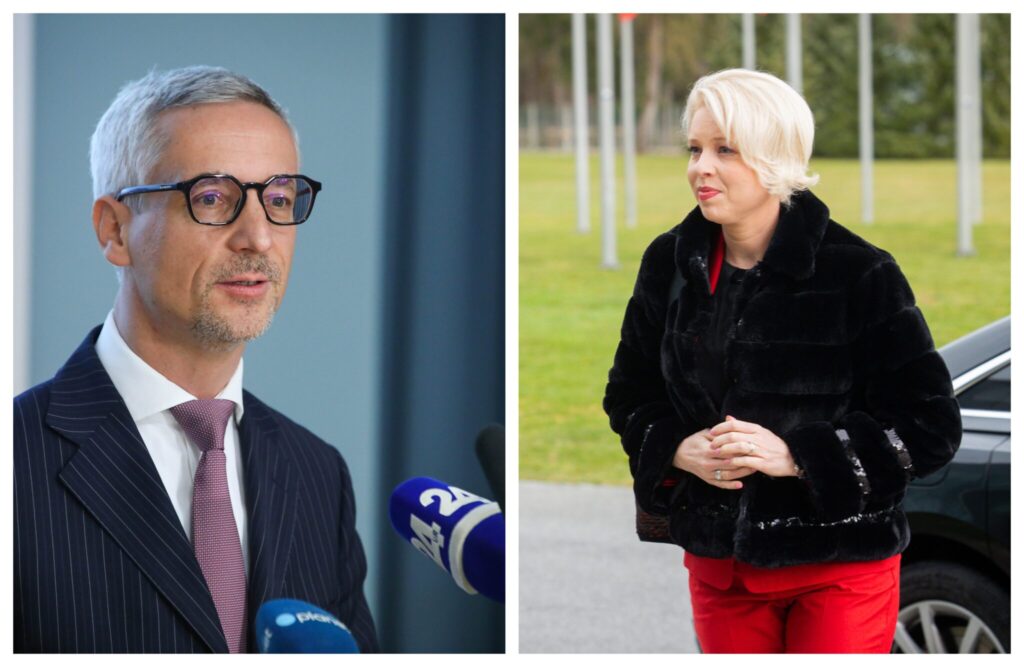“A reprehensible statement by the Speaker of the National Assembly, without tact or historical memory. Rwanda is at the top of the list in terms of the proportion of women in parliament because of the genocide, the massacre between the Tutsi and the Hutu – because they simply killed most of the men. Whole fields of murdered men, half-buried male corpses were what was left…” This is how Jernej Pikalo, former minister, political scientist, and prominent representative of the Social Democrats party (Socialni demokrati – SD), commented on the statement by the Speaker of the National Assembly, Urška Klakočar Zupančič.
In the past week, the Speaker of the National Assembly, Urška Klakočar Zupančič, has been on a visit to Africa, and she has spent the last few days in Rwanda, where, accompanied by the Speaker of the Chamber of Deputies of Rwanda, Donatilla Mukabalisa, she visited the memorial centre dedicated to the victims of the Rwandan genocide, which happened 29 years ago.
During her conversations at the Parliament in Kigali, Klakočar Zupančič underlined that the two countries share common values. “Rwanda is an African country that shares the values of Slovenia, and Slovenia is a European Union country that is trying to open its doors to countries outside the European Union. I believe that two countries like ours, which have been through a lot in history, have a lot in common,” the Rwandan Parliament’s Twitter profile summarised her statement.
“This also means that we can open doors for business cooperation and exchange of knowledge, especially in the field of environmental protection and the promotion of human rights. We can learn from you how to promote women’s rights and empower women,” added the Speaker of the National Assembly. In fact, a recent report by the Inter-Parliamentary Union (IPU) ranked Rwanda at the top of the world ranking for the number of women in parliament. Slovenia is ranked 35th.
However, Klakočar Zupančič’s statement upset the former minister Jernej Pikalo of the Social Democrats, which is one of the coalition parties. He commented directly that the Speaker of the National Assembly had no idea about Rwanda’s history, because the high proportion of women in Rwandan politics was not the result of the “promotion” and “empowerment” of women’s rights, or the development of Rwandan society, but a tragic historical circumstance.
Namely, in the Rwandan genocide of 1994, between the 7th of April and mid-July, some 800,000 Tutsis and moderate Hutus, mostly men, were killed. Around half a million women were also raped during the genocide. The genocide has led to a shortage of human capital and a demographic crisis in this small African country, which is also reflected in a higher proportion of women in politics.
Andrej Žitnik


